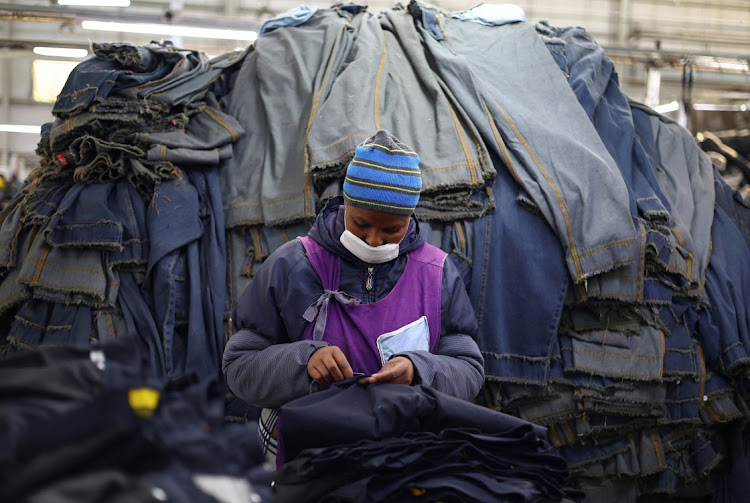
Lesotho’s trade minister announced Wednesday that the United States intends to extend the African Growth and Opportunity Act (AGOA) by one year.
The minister returned from Washington after lobbying for the survival of the pact, which grants African nations preferential access to U.S. markets.
The announcement comes months after President Donald Trump imposed sweeping tariffs on global partners, striking Africa with punishing levies and threatening millions of livelihoods.
Lesotho, a fragile mountain kingdom reliant on textile exports, was first hit with a 50 percent tariff on April 4, dubbed “Liberation Day.”
That blow nearly crippled its export-led economy, which depends heavily on U.S. demand for jeans, T-shirts, and factory-produced garments.
In August, Washington eased the tariff to 15 percent, offering some relief, but fears over AGOA’s future continued to unsettle local industries.
From September 15 to 19, Lesotho’s trade delegation held discussions with U.S. officials in the House Ways and Means Committee and Senate Finance Committee.
Minister Mokhethi Shelile, who led the talks, said officials assured him that an extension would be finalised by late November or December.
“They all agreed AGOA has to be extended, and they promised us it will happen by year’s end,” Shelile stated.
Still, he warned delays could devastate Lesotho’s economy, saying, “If it doesn’t, we are risking losing more jobs.”
The White House declined to comment on the matter when asked by reporters on Wednesday, leaving uncertainty hanging over the pledge.
Meanwhile, Democratic Senator Ron Wyden’s office said the Trump administration has yet to brief Finance Committee Democrats on its position.
Wyden, a ranking member on the committee, remains committed to renewing AGOA, which has long symbolised U.S.–Africa economic partnership.
For Lesotho, the extension is not just policy—it is survival, a fragile thread linking its factories to hope across the Atlantic.
